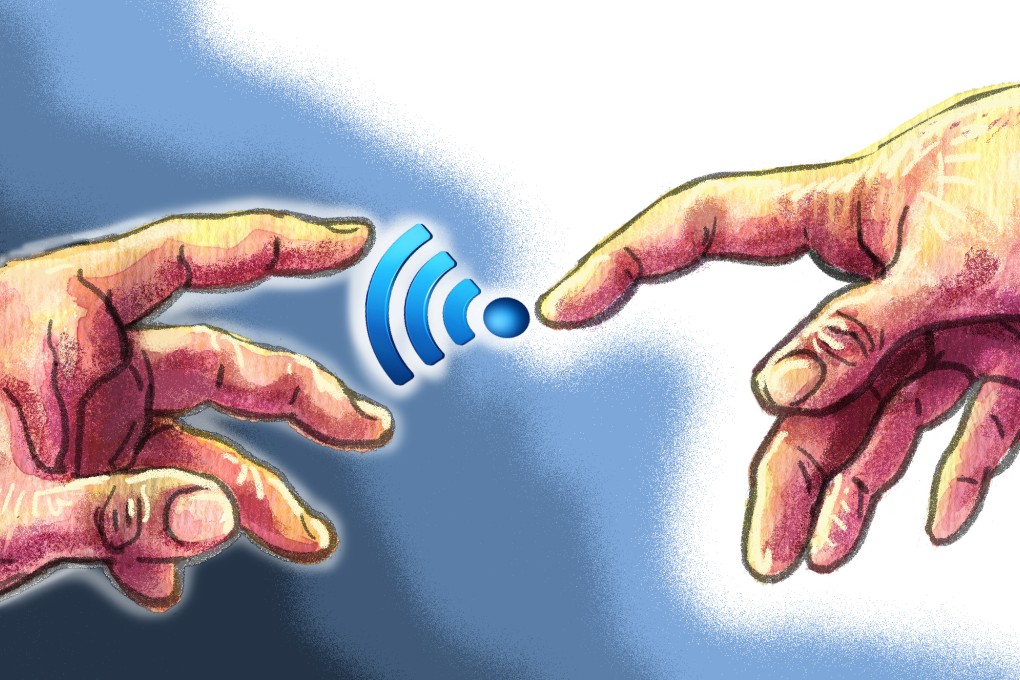How Hong Kong can become a smart city with a connected future
W. David Stephenson says with a few common-sense steps, the city can be a dominant player in the internet of things movement


I instantly answered “yes”, because barriers to entry are so few, the necessary steps are relatively easy, and the potential benefits to the city and its economy are so great. Hong Kong is already ranked 13th in the world in terms of the number of internet of things firms with headquarters here (my home, Boston, is ranked fourth, largely because of our educational leadership).
READ MORE: Boom in Internet of Things devices draws more hardware start-ups to Hong Kong as connected gadgets take off
Here are the common-sense steps the city should take to become a dominant player in what many have predicted will become the next major economic transformation.
The first step is one local activists have just taken: create an internet of things community. The event at which I spoke was the first sponsored by the new Hong Kong Internet of Things Association. The similar one in Boston that I head is now three years old, and has almost 2,000 members. Forming a network is a crucial step, because it is inherently collaborative. For example, Apple’s HomeKit now allows someone to simply say, “Siri, it’s time for bed”, and that voice command can trigger collaborative action by a variety of devices from different manufacturers, such as turning down the thermostat, locking the front door and turning off the lights, which makes each of these internet of things devices more valuable than they would be in isolation. An association that brings together all practitioners will create synergistic benefits for all of them.

From what I have gathered from media reports, most internet of things initiatives in Hong Kong have been experimental and of limited scale, such as the government’s East Kowloon Smart City project which hopes to create a low-carbon, green community and increase walkability. Cities that have launched comprehensive smart city programmes, especially Barcelona, which has projects ranging from free Wi-Fi to health monitoring for seniors to an app to find parking spaces, have realised tangible benefits while cutting operating costs. That will be the case for Hong Kong as well.